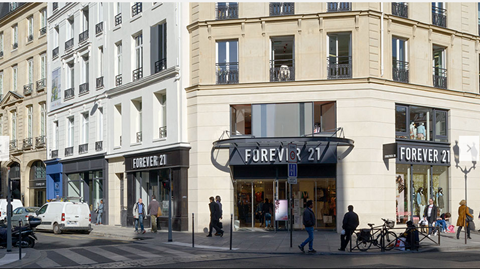Netherlands-based Ingka Investments, part of Ingka Group, a strategic partner in the Ikea franchise system, has emerged as the buyer of the mixed-use 144 rue de Rivoli building near the Louvre in central Paris from global real estate investment manager Invesco Real Estate for a price understood to be around €130 mln.

The operation is part of Ingka’s plans announced a few weeks ago to create new mixed-use urban destinations within 40 major cities across Europe, North America and Asia.
The company announced in 2018 that it planned to invest €7.3 bn to transform its business in response to the changing retail environment.
All anchored by Ikea stores, these urban projects are designed to complement the strategy of opening smaller format stores within city centres in response to global urbanisation trends, changing customer behaviour and the digitalisation of retail.
The building, located in Paris 1st district, was part of a €1.7 bn pan-European portfolio for Invesco’s long-standing German pension fund client Bayerische Versorgungskammer (BVK). Acquired by Invesco in October 2012 as part of a forward funding purchase, the asset provides 6,700 m2 of gross lettable area for office and high-street use close to the Louvre. The asset underwent a significant refurbishment programme in 2012-2013.
Invesco said that the sale price, which remains undisclosed, contributes positively to the portfolio target IRR and reflects the prime location and quality of the asset.
Cristiano Stampa, managing director of transactions at Invesco, commented: ‘144 Rivoli is a very high quality building in an exceptional location which will continue to develop in the coming years. We are delighted that the building will host an Ikea store. A bespoke mutual beneficial opportunity that crystallised a solid risk / return investment’s profile.’
Steffen Pilopp, managing director of fund management at Invesco, added: ’The sale supports the long-term strategy of the portfolio, which is currently diversified in eight European countries and across all commercial sectors.’










